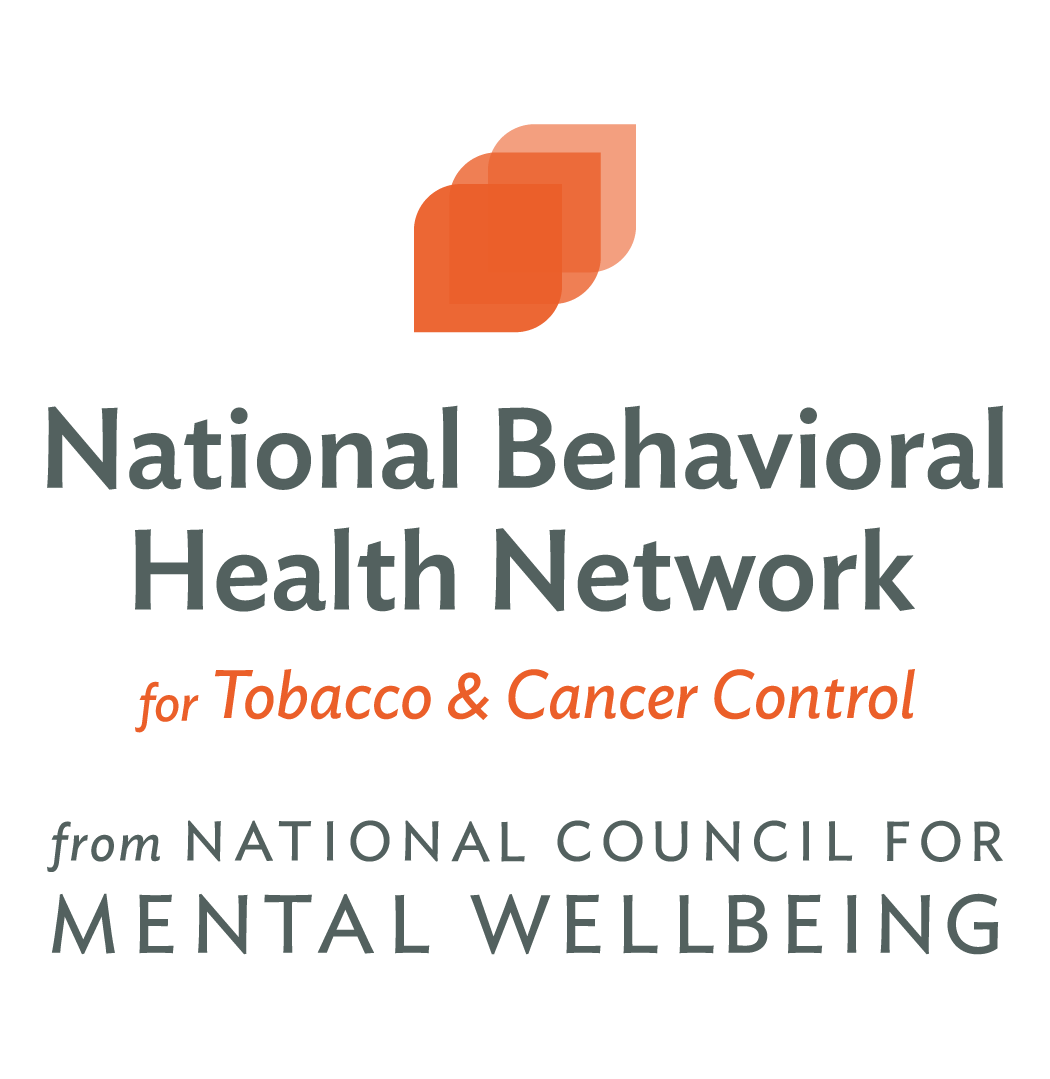DID YOU KNOW?
- More than 50% of patients with terminal cancer have at least one psychiatric disorder.
- Individuals with a mental illness may develop cancer at a 2.6 times higher rate on account of late stage diagnosis and inadequate treatment and screenings.
- Individuals with a mental illness have a higher rate of fatality due to cancer.
- The rate of tobacco use among people with a substance use disorder or mental illness is 94% higher than among adults without these disorders.
- Approximately 50% of people with mental illnesses and addictions smoke, compared to 23% of the general population.
- People with mental illnesses and addictions smoke half of all cigarettes produced, yet are only half as likely as other smokers to quit.
- Anti-smoking efforts have not been directed toward people with mental illnesses as they have toward the general population.
- Among people with mental illnesses who received treatment in the past year, 37% quit smoking, compared to 33% of those who did not quit.
ABOUT THE NATIONAL BEHAVIORAL HEALTH NETWORK
To reduce the health disparities listed above, the Centers for Disease Control and Prevention (CDC) named the National Council for Mental Wellbeing the awardee to reduce tobacco use and cancer among people with mental and substance use disorders. By establishing the National Behavioral Health Network for Tobacco & Cancer Control, the National Council is helping to address health disparities identified by CDC’s Office of Smoking and Health and the Division of Cancer Prevention and Control.
The National Behavioral Health Network empowers and prepares a wide range of stakeholders — including public health, behavioral health, primary care and education — to prevent and reduce tobacco use and cancer among adults with mental illnesses and substance use disorders.
- Smoking Cessation Leadership Center at the University of California San Francisco.
- Behavioral Health and Wellness Program at the University of Colorado Department of Psychiatry.

